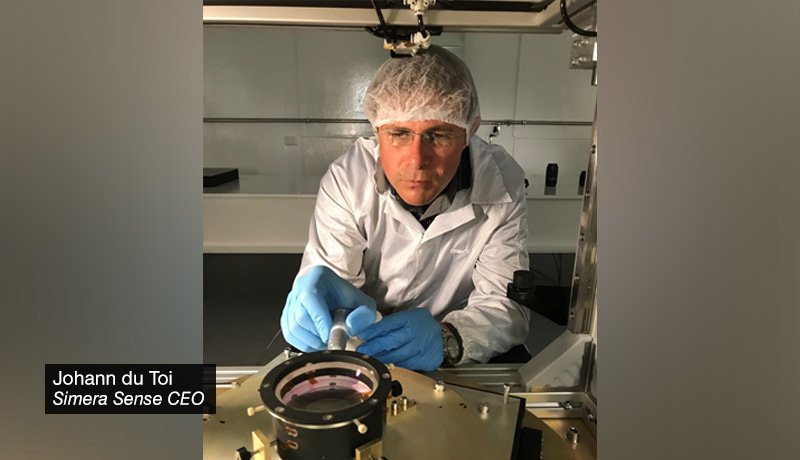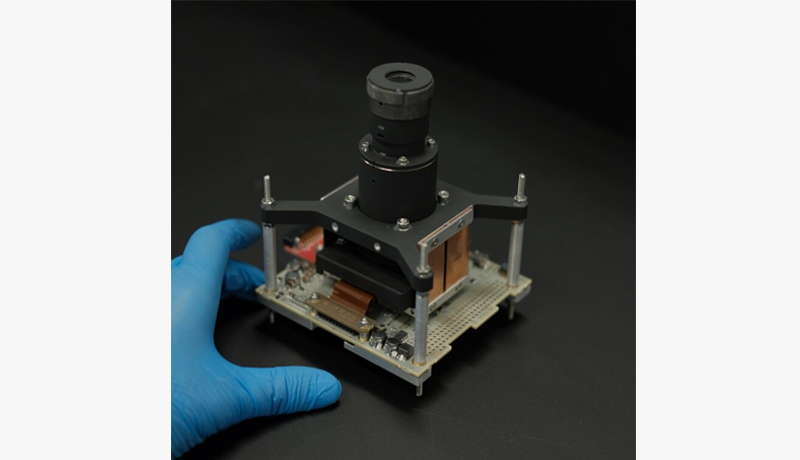22 December 2024, Sun |
2:56 PM

Simera Sense has been selected by the King Abdullah University of Science and Technology (KAUST) to provide a hyperspectral instrument. The university’s 6U Cubesat mission will use the hyperspectral instrument with advanced onboard processing. The CubeSat mission is scheduled to launch before the end of 2022.
Simera Sense combines the +30 band HyperScape50 instrument with Unibap’s (Sweden) SpaceCloud Services to produce an artificial intelligence payload. This one-of-a-kind combination of onboard computing and a hyperspectral sensor gives KAUST the ability to monitor the Earth system more effectively. According to Simera Sense, this will be accomplished using a hitherto unseen nanosatellite design.

According to Professor Matthew McCabe, “this unique instrument will provide enhanced monitoring of Earth’s ecosystems”. He adds that it will deliver “improved metrics of vegetation health, precision agricultural insights”. The professor further adds that the instrument will also provide “detailed observations of our coastal environments in a compact and efficient platform.” Prof Matthew McCabe is the Director of the Climate and Livability Initiative at KAUST.
Simera Sense CEO Johann du Toi adds, “At Simera Sense, we are incredibly excited about working with KAUST”. She continues that the excitement is “not only to push technology limits but also to assist in creating a deeper understanding of our planet.”
Simera Sense has locations in Belgium and South Africa. The company’s resources and infrastructure enable them to design, manufacture, validate, and calibrate world-class optical payloads in-house. Furthermore, the company’s instruments have flown on multiple space missions.